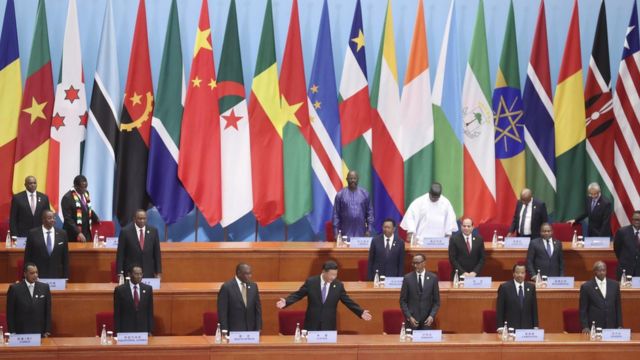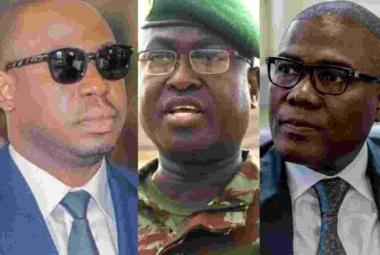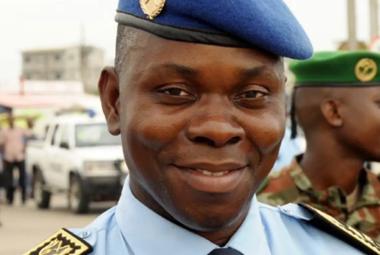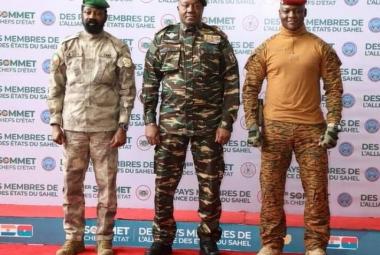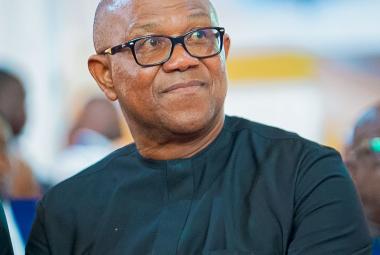We may criticize China's policy, but we will recognize that, unlike Russia, it does not intervene in a flagrant and ostentatious manner in the affairs of African countries. With the exception of Taiwan and Tibet, the Kingdom of the Middle has always advocated and observed its policy of non-interference in the internal affairs of other countries, and all the more so those of the former African colonies of the Western powers.
This is new in cooperation between China and African countries. After a few experiments that showed their limits regarding the repayment of loans granted to them by China, Xi Jinping's country decided to take new measures. From now on, it will no longer grant loans for certain investments to African countries without first being certain of their solvency capacity. It goes without saying that loans to African states will not depend on the programs for which the countries are eligible and especially on their ability to repay their debts.
The last National Congress of the CPC, which was held in Beijing from October 16 to 22, 2022, is a turning point as much in the socio-political life of China itself as in its relations with Africa. Indeed, China's Ambassador to Kenya, Zhou Pingjiang, speaking to the press on the occasion was clear. Declaring: "We are ready to listen, discuss and improve cooperation as equal partners [...] The Chinese can integrate into some programs, and in the future, the priority of our cooperation will be decided by the two parties involved".
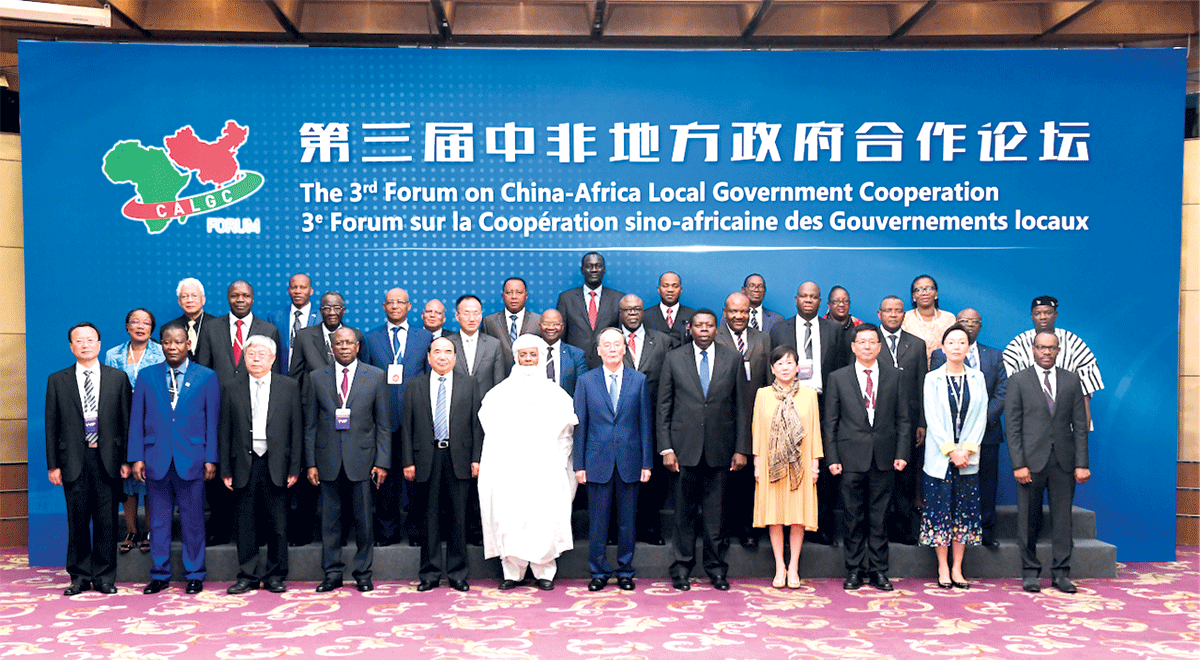
After focusing on finance and investment for the construction of infrastructure in Africa for more than ten years, China has found itself faced with the nagging problem of repaying the debt that African countries have always dragged like balls. Bad payers will no longer have a state of grace. Because the debts of many African countries are only accumulating. At the risk of raising fears of a new debt likely to pledge the future of the youth of an entire continent if nothing is done.
Kenya and Nigeria are part of the circle of major customers of China in terms of loans and investments. Xi Jinping's new team, which will be set up in 2023, already has an unequivocal economic agenda ahead of it. And the African countries which had found in China the great money lender should tighten their belts and pay attention to the various loans which they contract.
The last China-Africa Summit held in Beijing was far from imagining the new economic direction that the CCP Congress adopted. Xi Jinping and his party comrades were no longer eyeing Africa, but setting foot there. Bringing together almost all of Africa's 54 countries with great fanfare in Beijing for two days, the 2018 Beijing Summit of the Forum on China-Africa Cooperation, China showcased its policy of unconditional aid and pledged still in African countries 60 billion dollars of investments, that is to say nearly 52 billion Euros. At the risk of being pointed out as being definitively a neocolonialist power by its detractors in the West as well as by many African intellectuals. A situation that was soon to complicate relations, as the mechanisms of what many observers described as the new “Chinese colonization” of Africa were put in place. If and only if she didn't change her methods.
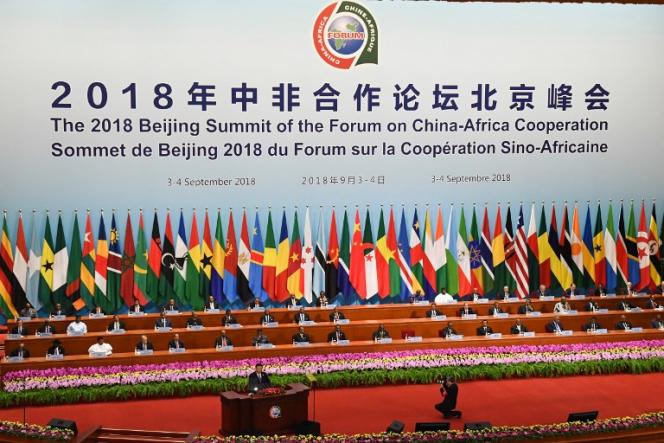
Between those who sharply criticize the risk of a new debt crisis that China is exposing Africa to, the corollary of which will be to generate counterproductive effects on its development, and those who fear, for economic and geostrategic reasons, being supplanted by China in Africa with the billions of Yuan that it continues to dump on African countries, the controversy is far from over.
The peoples of Africa, for their part, make little distinction between the Chinese and the and other whites. For them, all those who are not Blacks are all Whites who, like those who had preceded them. And, they only come to get along with their leaders and that could not be to their advantage. A Chinese named Liu Jiaqi who lived in Kenya even ventured to say that “all Kenyans [are] like monkeys, even [President] Uhuru Kenyatta”. And to unload his bile by saying, among other things, in these terms: “I do not like this country, a people of monkeys. I don't like talking to them. It smells bad and there is poverty... and black people: who loves them? ”
Whether Black people are economically or financially poor in no way makes them less than human or subhuman. That they opened their countries and their markets to the Chinese was again an obvious proof of their humanity and their hospitality as well as welcoming foreign investors in order to try to get out of their situation of economic and financial poverty. But from there, to let themselves be treated as they had discovered through the video of this Liu Jiaqi widely taken up and broadcast on the Internet in the middle of the China-Africa Summit of September 2018 in Beijing, all Blacks beyond borders of Africa were really starting to question how Chinese leaders could treat their leaders. If a quidam had the nerve to allow himself such a prank and such contempt for them.
Following this diplomatic incident, Liu Jiaqi was returned manu militari to his home in China. As if to tell him and show all those who would be tempted to do so that Blacks in Africa are no longer ready to accept the slightest racial insult against them anywhere. All the more so within Black Africa itself. What had become of him? No one knows. How many were like that to consider Blacks and their heads of state as monkeys? Nobody knew that either. The Chinese Embassy in Kenya had to admit through one of its spokespersons, Zhang Gang, that the video in question predated the September China-Africa Summit. 2018 in Beijing, then that the businessman in question had been sanctioned by his company, and that finally his remarks did not represent the opinion of the vast majority of Chinese. But the damage had already been done, both for the Chinese and for the Africans, but further tarnishing the image of a China in Africa that more and more Africans were beginning to look up to eye. And especially African leaders.
By Serge Félix N'Piénikoua



